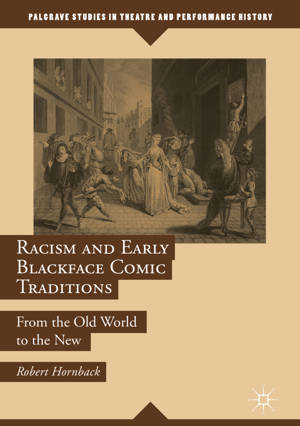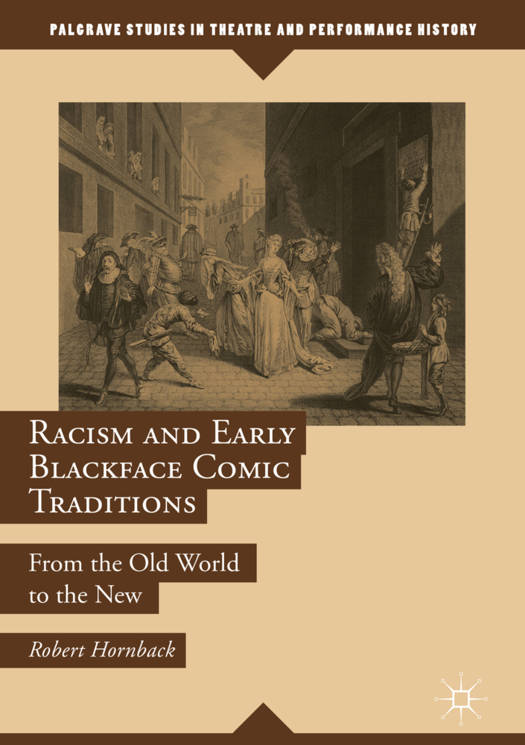
Door een staking bij bpost kan je online bestelling op dit moment iets langer onderweg zijn dan voorzien. Dringend iets nodig? Onze winkels ontvangen jou met open armen!
- Afhalen na 1 uur in een winkel met voorraad
- Gratis thuislevering in België vanaf € 30
- Ruim aanbod met 7 miljoen producten
Door een staking bij bpost kan je online bestelling op dit moment iets langer onderweg zijn dan voorzien. Dringend iets nodig? Onze winkels ontvangen jou met open armen!
- Afhalen na 1 uur in een winkel met voorraad
- Gratis thuislevering in België vanaf € 30
- Ruim aanbod met 7 miljoen producten
Zoeken
€ 105,45
+ 210 punten
Uitvoering
Omschrijving
This book traces blackface types from ancient masks of grinning Africans and phallus-bearing Roman fools through to comedic medieval devils, the pan-European black-masked Titivillus and Harlequin, and racial impersonation via stereotypical 'black speech' explored in the Renaissance by Lope de Vega and Shakespeare. Jim Crow and antebellum minstrelsy recycled Old World blackface stereotypes of irrationality, ignorance, pride, and immorality. Drawing upon biblical interpretations and philosophy, comic types from moral allegory originated supposedly modern racial stereotypes. Early blackface traditions thus spread damning race-belief that black people were less rational, hence less moral and less human. Such notions furthered the global Renaissance's intertwined Atlantic slave and sugar trades and early nationalist movements. The latter featured overlapping definitions of race and nation, as well as of purity of blood, language, and religion in opposition to 'Strangers'. Ultimately, Old World beliefs still animate supposed 'biological racism' and so-called 'white nationalism' in the age of Trump.
Specificaties
Betrokkenen
- Auteur(s):
- Uitgeverij:
Inhoud
- Aantal bladzijden:
- 324
- Taal:
- Engels
- Reeks:
Eigenschappen
- Productcode (EAN):
- 9783319780474
- Verschijningsdatum:
- 31/07/2018
- Uitvoering:
- Hardcover
- Formaat:
- Genaaid
- Afmetingen:
- 148 mm x 210 mm
- Gewicht:
- 557 g

Alleen bij Standaard Boekhandel
+ 210 punten op je klantenkaart van Standaard Boekhandel
Beoordelingen
We publiceren alleen reviews die voldoen aan de voorwaarden voor reviews. Bekijk onze voorwaarden voor reviews.











